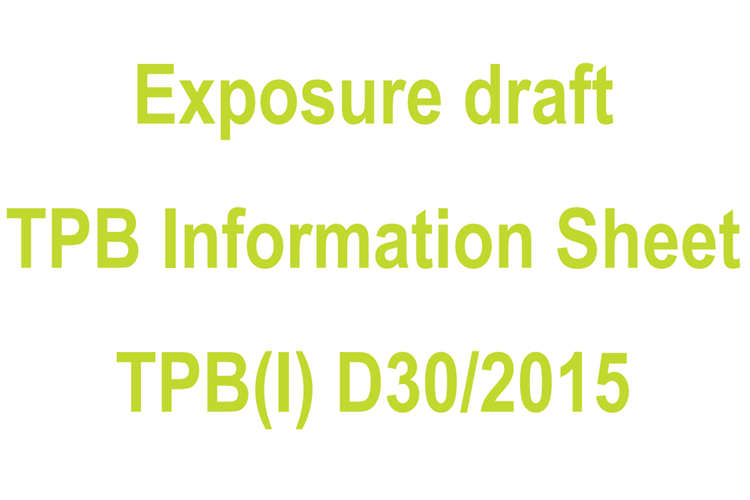There have been several interesting events in the offshore world recently.
As the Panama papers and then the Paradise papers unfolded, it seems pretty obvious that hiding in low or no tax jurisdictions is becoming less cool. It’s relatively easy these days to wake up to find massive amounts of data hacked from secure systems, and not all companies responsibly report the hacks. It’s only widely known when it is placed within the easy reach of everyone. And with the internet these days, plenty of people take offence when the data shows people not all playing by the rules.
There were a couple of very interesting court cases recently: Bywater Investments Ltd v Commissioner of Taxation; Hua Wang Bank Berhad v Commissioner of Taxation
In these cases the High Court heard two appeal against a decision of the Full Federal Court on corporate residency for the purposes of tax assessments. Section 6(1) of the Income Tax Assessment Act 1936 (Cth) provides that a company is resident in Australia for tax purposes if it is either incorporated in Australia or if it carries on business in Australia and has either its central management and control in Australia or its voting power controlled by shareholders who are Australian residents.
The appellant companies were all incorporated outside of Australia and ultimately owned by two Cayman Islands companies. Borgas, a businessman based in Switzerland, was the sole shareholder in the Cayman Islands holding companies and a director of each of the appellant companies, and was presented as the owner of the companies. The Commissioner challenged the companies’ claims that they were not residents in Australia for tax purposes. The primary judge found that Gould, a Sydney-based accountant, was the true owner of one of the Cayman Island companies and its appointor, holding the power to appoint additional shareholders or directors, and to remove shareholders, and consequently the companies were resident in Australia for tax purposes.
Justice Perram was damning in his conclusions. He referred to the activities of the foreign companies as a ‘crooked pantomime’ designed as window dressing to conceal the control of the Australian resident. Overseas directors were ‘puppets who did not exercise any independent judgment in the discharge of their offices’ but instead merely carried into effect the wishes of the Australian resident in a mechanical fashion. Apart from the overwhelming findings of fact and there was also resounding condemnation by the judge of the taxpayer’s ‘disgraceful’ behaviour in trying to conceal his ownership of the foreign companies.
This case dramatically illustrates the risk that overseas companies will be considered resident in Australia, with the result that Australian tax may apply.
A second set of rules, the Controlled Foreign Corporation rules may also apply to foreign company that are controlled by Australian residents even if they are controlled and managed outside Australia, if the income derived is passive in nature or considered to be tainted income. For those that need more information on Controlled Foreign Companies (CFC) or Controlled Foreign Trusts Rules (CFT), click on the link.
It seems fairly obvious that Australia is committed to ensuring taxes are fairly paid by Australian tax residents, whether the entities are incorporated in Australia or abroad. These cases are an object lesson to Australian companies or entrepreneurs seeking to expand overseas and who intend to use ‘nominee directors’.









